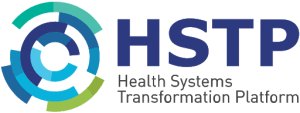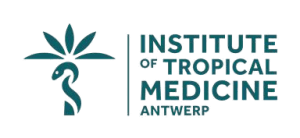
Annual Public Health PhD Workshop 2024

About the workshop:
Ph.D. students in their journey are not only expected to equip themselves with the necessary skills and competency but also navigate through a demanding doctoral process. The lonely nature of the Ph.D. also prevents them from meeting their peers and interacting with them. Conferences, symposiums are such platforms where Ph.D. scholars get an opportunity to meet each other and build a network. However, considering the dominance of technical sessions within such platforms, it becomes difficult to engage and network with like-minded people closely. Thus, the aim of this workshop is to provide a platform that facilitates interaction among Ph.D. and aspiring Ph.D. students and stimulates learning from peers and experienced researchers.
This workshop is an amalgamation of technical sessions and informal conversations and would be conducted in a blended format with a week long online sessions (90 mins) and one in-person capacity building session in Bengaluru in September 2024. The workshop will use interactive methods and activities to open up conversations among students not only related to the research process but also on their experience of traversing through the Ph.D. terrain. This will be the second edition of the PhD workshop at the Institute of Public Health, Bengaluru.
Online sessions: Aug 20-23, 2024
Topics and session plan

Who can apply?
PhD students and PhD aspirants based in India.
The total number of participants: We would like to restrict the cohort to 30 participants for a fruitful engagement. The last date for registration is August 16, 2024. We will close applications once registrations reach 30 participants.
How to apply for the workshop?
Please fill this google form to apply for the workshop: PhD Annual Workshop 2024 – Google Forms. The last date for registration is August 16, 2024.
What is the fees for the workshop?
The fee for the workshop is Rs.3500/– including GST . The fee will cover costs for the resource persons for the online learning. For the in-person event, participants will have to bear their own travel costs.
Account details are as follows :
Name of Account holder: INSTITUTE OF PUBLIC HEALTH
Bank Name: ICICI Bank Ltd
Bank Branch: Jayanagar 9th Block Branch
SB A/c No: 029901000639
IFSC Code: ICIC0000299

Scan this UPI QR code to make payment
For any queries, feel free to write to any of the following
Ketki Shah : ketki@iphindia.org
Anika Juneja : anika@iphindia.org
















